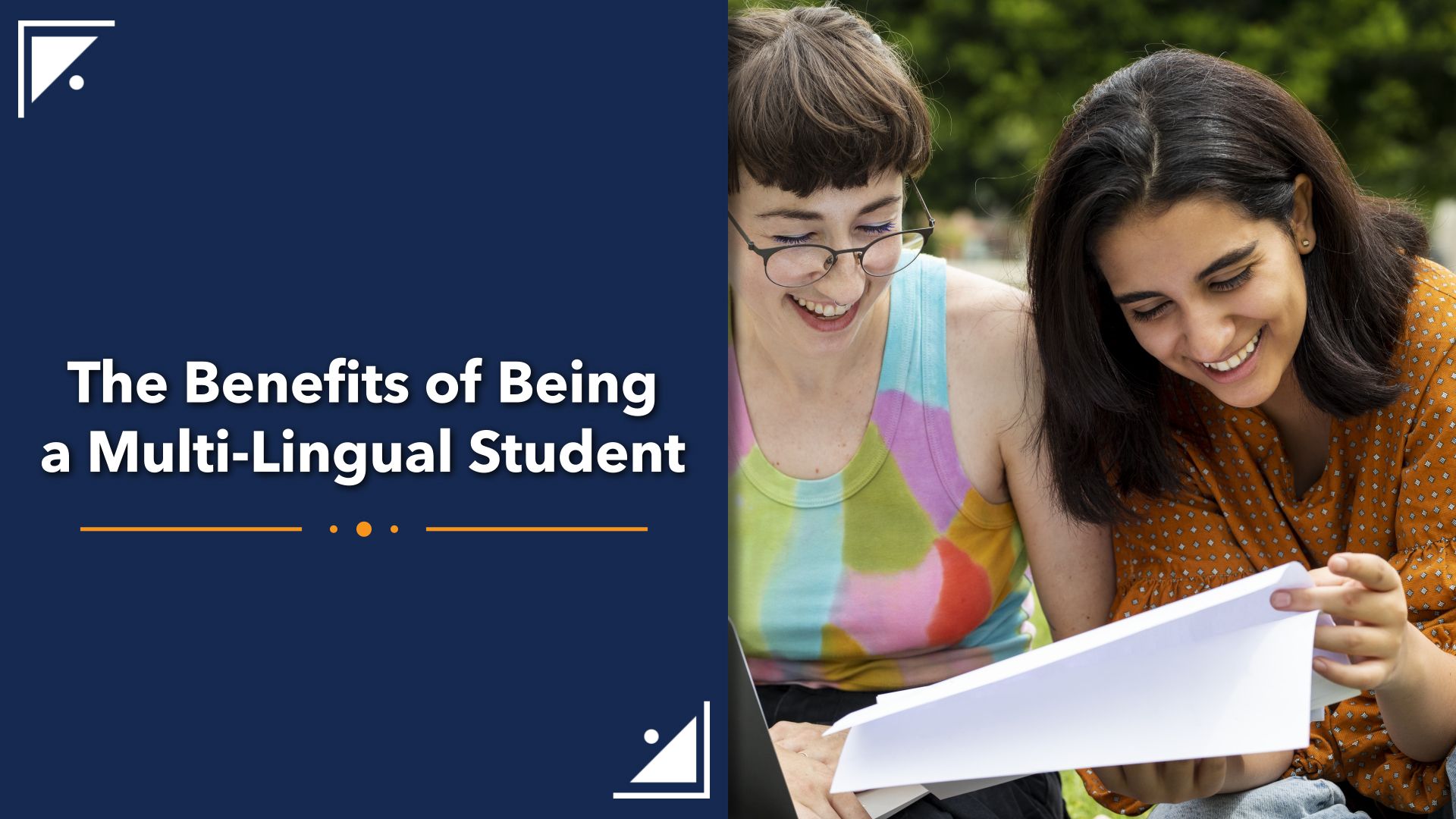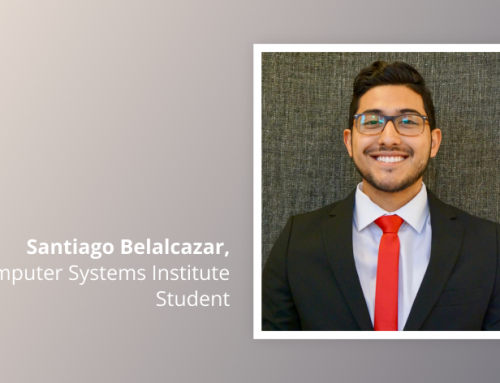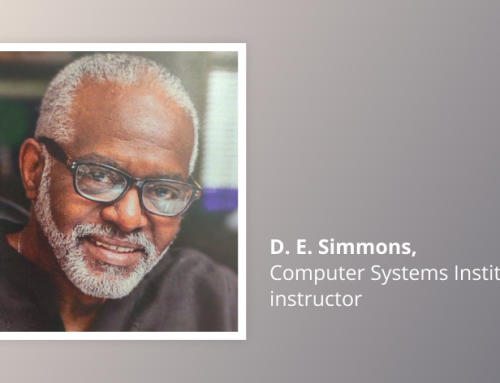Yale Law Professor and famous “Tiger Mom” author Amy Chua once said, “Do you know what a foreign accent is? It’s a sign of bravery.” Another unattributed quotation that circulated on social media on this topic said, “If someone is speaking to you in a foreign accent, they are smart enough to know two languages and brave enough to do their job in their second.” These quotes point to the same truth: there’s strength and nobility to being multilingual.
In today’s blog, we’ll be discussing some key benefits of being a multilingual student. It’s a strong position to be in!
You Can Speak Directly to More People
Let’s start with the first and most obvious benefit: your potential audience to speak with goes up dramatically when you are multilingual. For example, let’s say your mother tongue is French, which puts you in line to talk comfortably with about 267 million people. If you throw in Spanish on top of that, then you suddenly add another 543 million, making a total of 810 million people with whom you can now converse.
The more people you can talk to, the more connections you can make, and the more opportunities and bridges you can build with others. These connections and pathways of communication also make you very useful to other people who lack these abilities.
You Are a Naturally Better Communicator
To speak effectively in any language takes more than just knowledge of vocabulary and grammar. One also has to understand a culture and a mindset. In other words, you have to have a good idea of how someone else thinks if you’re going to communicate with them. Most people spend their entire lives mastering communication within their mother tongue and their home culture and society. Imagine doing that with an entirely different language and society, and perhaps again for a third or fourth community.
Multilingual students are better communicators because they can better empathize with the people they’re communicating with. They can alter their speed, vocabulary choices, and tone to suit audiences better. Monolingual people struggle with this more.
You Can Have Better Career Opportunities
Outside the world of translation and interpreting, your language skills might not be the direct skill that leads you to be hired for a specific role but being multilingual still gives you more opportunities than others. Why? Because your language skills open up the job markets of other countries to you.
With skills in languages like Spanish or Mandarin Chinese, you could get good-paying skilled and white-collar jobs in Latin America or China, respectively. In addition, the knowledge and skills you’ve learned in America can be very attractive to businesses around the world, and your language skills open the doors of communication with those companies.
Your Critical Thinking Abilities are Stronger
As we mentioned above, when you are familiar with multiple languages, you have multiple mindsets and different ways of thinking. This helps you think about problems from different angles and come up with ideas and solutions that others don’t think about. What’s more, you can better identify the real meanings of messages that might have been miscommunicated.
Here’s a simple example: in Mandarin, the words for “live” and “stay” (e.g., stay in a hotel) are the same. Therefore, a native Mandarin speaker might ask in English, “where will you live when you come to Beijing?” A monolingual English speaker might be confused about that, thinking that his Chinese counterpart is expecting him to move to Beijing, not just go there on business for a week. Those with Mandarin skills would pick up on that, reverse translating the sentence to explain the real meaning.
You Can Help Prevent Dementia in Your Old Age
Yes, there are even potential health benefits to being a multilingual student. For example, studies show that people who spend time furthering and expanding their linguistic abilities into other languages have a lower risk of dementia and memory problems later in life.
The research has shown that multilingual people have something that is known as a “greater cognitive reserve” than monolingual people. This means that the brain is stronger and more resistant to damage caused by dementia and Alzheimer’s.
The World Becomes Less Mysterious to You
Understanding other languages and cultures help to make the world a bit less unusual and alien to you. It’s not to say that you won’t find things exotic and interesting. Still, when you are equipped with language skills, it’s no longer a world of mystery and the completely unknown. You have a new kind of map to help you navigate and understand that world, and that means you can have more fun in it and be less nervous or afraid of it.
So, if you are a multilingual student, take pride in your skills and keep working on them to ensure that they will serve you for many more years to come.
If you’re an international student looking to expand your education and surround yourself with other multilingual students, CSI offers affordable one-year programs to help you further your training. Contact us today for more information.





